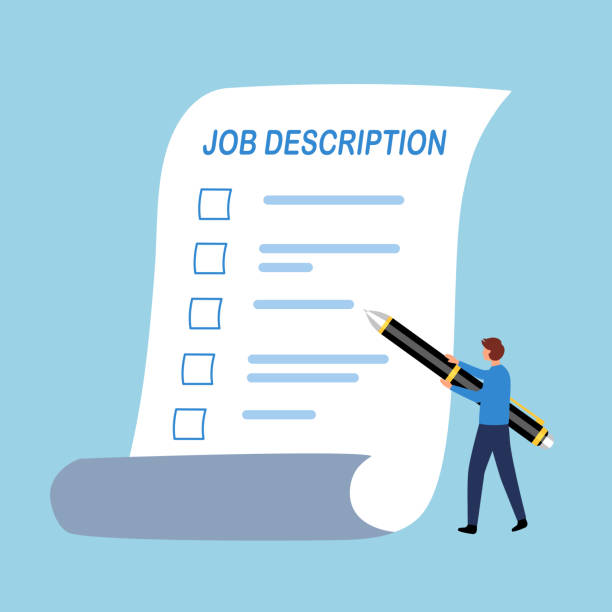How to start a second career
Published

What do you think about your current career? Are you burned out or have you reached a dead end? The enthusiasm you once had for your career may be gone, but luckily you still have the opportunity. Here are the practical steps you can take to pursue a second career.
Why do people change careers?

Those : istockphoto.com
Maybe you want to change your career because you can no longer find your way in your current job. Or you would like a salary increase or more flexibility through a job that allows you to work from home. You are not alone in this. Gallup data suggests that more and more people are abandoning the on-site work model in favor of home offices.
Maybe you're in an industry that's changing or dying, such as: B. the production of unmanned aerial vehicles and armored vehicles, local retail or the postal service. Creating a contingency plan now can help you avoid future layoffs.
7 tips for a second career

Those : istockphoto.com
Changing careers is not easy. But with some courage, determination and planning, you can do it. Start with these seven tips to make your dream a reality.
1. Determine what you want from your new career
Although they are important, you shouldn't put salary and benefits first when choosing your new job. Also pay attention to whether the career fits your lifestyle, interests, skills and values. Take a career test to find out which second career is best for you.
2. Get out of your comfort zone

Those : istockphoto.com
If you've been working in the same job for several years, it can be nerve-wracking to jump into a new career. Don't let this stop you from taking a step in a new direction. Instead, consider these tips for stepping out of your comfort zone:
- Research a career that interests you so you know what to expect.
- Take small steps rather than making drastic changes overnight.
- Make contacts with people in your dream job to get your foot in the door.
3. Give up the belief that "it's too late."
Old dogs can learn new tricks. If you're looking to make a career change in midlife, know that it's never too late to start over. Bureau of Labor Statistics data shows that the average age at work has increased over the past two decades and will continue to increase over the next decade.
4. List your transferable skills
Starting a second career is probably easier than starting your first career. This is because you already have years of professional experience and transferable skills that can be transferred to other industries.
Consider how the skills and qualities you acquired in your current job will translate to a second career. If you decide to pursue a new career in the same field, you may already have industry knowledge and contacts. Soft skills such as adaptability, leadership, organization and teamwork are needed in every industry.
5. Research what qualifications you need
A solid professional history and cross-industry knowledge may be enough to get a job in a new field. However, some industries require very specific qualifications. Take some time to figure out what skills you need in the career you want to pursue. These testimonials may include:
- Higher/Post-Secondary Education: Many positions require a degree in a relevant field from a college, university, vocational institute, or vocational school.
- Certification: Certifications from industry associations are required in some areas. Earning a certificate in a new field can help you expand your skills and increase your chances of getting hired.
- Licensure: Some professions, particularly skilled trades, require licensing from a state or federal agency.
6. Update your resume
Once you've acquired all the skills and credentials you need to make a career change, it's time to update your resume with your work history and education. Also, make sure your career goal, skills list, and credentials are relevant to your new field of work.
When entering a new field, be aware that you will likely face competition. You can secure a place in the interview with a cover letter. In your cover letter, briefly introduce yourself, show enthusiasm for your new field and conclude with possible next steps.
7. Prepare for an interview
You have finally taken the final step towards a new career. If you have a solid work history, you've probably gone through the interview process several times. However, it's worth checking out Monster's list of frequently asked interview questions as a refresher. Give yourself plenty of time to practice your answers and build a rapport with your interviewer.








